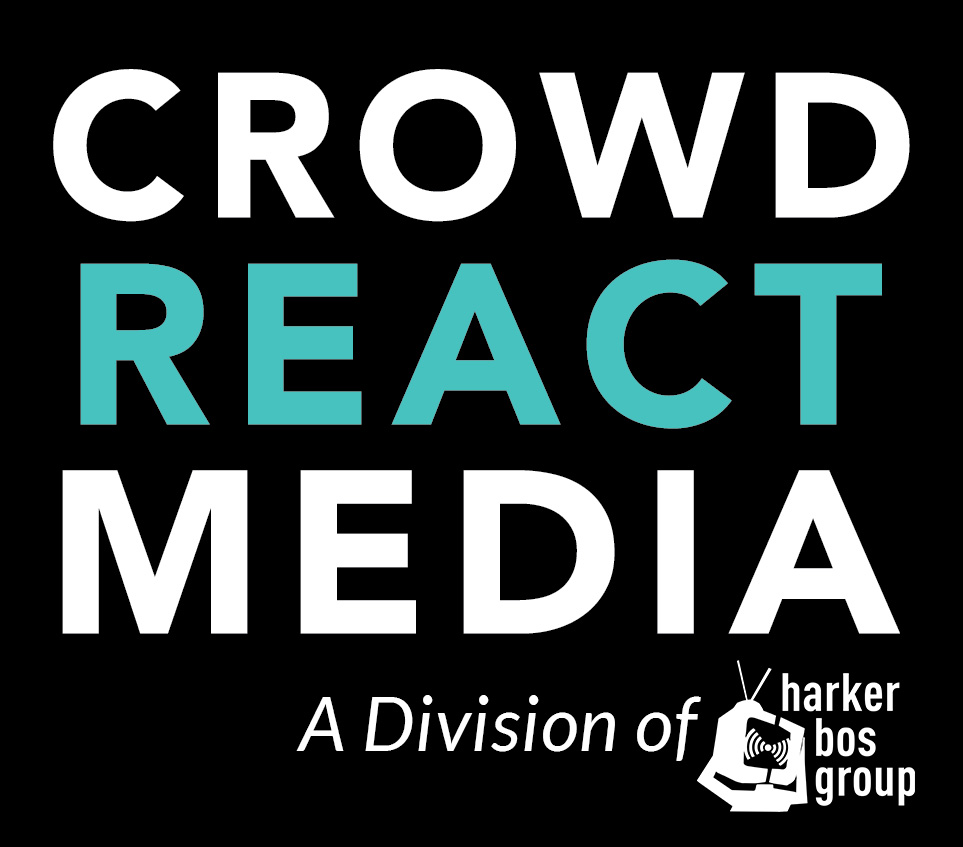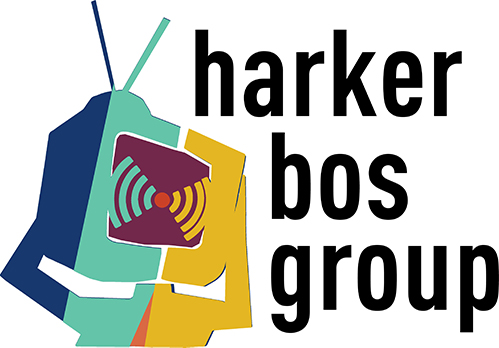Do you have a plan?
Do you have a Plan?
Over my journey in the media business, I have found that true achievers are always learning and looking to the future. Yes, we can learn from looking back. However, we tend to do too much of that and not plan for what lies ahead.
I remember back in 1996 I was a Program Director for a sports radio station in Salt Lake City while also hosting an afternoon sports show with former NBA Coach Tom Nissalke. In addition to hosting the show I was responsible for running the control studio board. That was the last time we used tape cartridges for commercials and production elements. Technology was changing. One of the interesting memories from that year, was one day we were all asked to gather in a meeting room. At that session, we were introduced to this new concept called e-mail. We were each given Hotmail Accounts. My how things have changed since then.
2025 is quite different from 1996. 2030 will be different from 2025, which may seem hard to imagine. This all begs the question…. Are you ready for 2030? Seems like a long time away, but the reality is that it is right around the corner.
One of the most important lessons for me was during my time with ABC/ESPN in Dallas from 2001 to 2006. This is where the value of long-term planning became particularly important to me. All departments participated in the annual 5-year planning process. The immediate focus was on the year ahead; however, we were required to look beyond and to anticipate expenses as well as strategies.
Fast forward to 2025, and the pace of change has accelerated dramatically. The reality is that things are NOT going to slow down anytime soon. The legacy media which includes newspapers, television, and my world of radio, must find ways to adapt to the new landscape.
With change there are opportunities….in radio (audio) there is the one constant….” It is all about the content!” The consumer has more power than ever. They are demanding in what they want to watch or listen to. Understanding your audience and what they want has never been more important as they have many sources to get what they want. Just as critical is understanding how the listener consumes your content. This includes the various platforms that are available as well as the way the programming is presented
Some of the key challenges/opportunities in front of us today include the following:
- Too many content providers are living in the past. “This is how we have always done things.”
- The rapid decline in attention spans. Nielsen recently changed the criteria for quarter-hour credit. It used to require a panelist to listen for 5 minutes inside a 15-minute quarter-hour. That has now moved to 3:00 as research shows 45% of those surveyed listen for less than 5 minutes.
- Streaming is only going to grow in importance to the consumer. They want their content when they want it and where they want it.
- With streaming comes more competition. Any organization or person can start their own production and generate an audience.
- Social media plays an outsized role in developing loyalty among audiences.
- Personalities that stand out will continue to drive audience engagement
With all this to consider, how can you think about even looking ahead 5 years? The smart leaders know that part of this is about anticipating how things will evolve. Look at the issues TV and Radio are facing. The amount of cord cutting with cable continues to increase on a yearly basis. The number of platforms where you can hear audio content is developing by the day. The average screen time for an iPhone owner is over 3 hours per day.
Makes sense more than ever to have regular conversations looking ahead. If we stay in the present, we are going to get passed by someone else that has a true vision for where things are going. Take time, when possible, to talk to your customers (content consumers and advertisers) about what they want and how they decide what to watch/listen. Schedule meetings at least twice per year to look to the future beyond the current 12 months.
The bottom line, change is constant. The status quo is no longer an option for sustained success, as those that are nimble, flexible, and adaptable will have the best chance to win in the long run. Research whether done internally or externally should be a key component of long-term planning. Never assume things are going to stay the same in the future.
- Important to always be learning and looking to the future.
- Technology is changing all the time.
- Planning must be more than immediate – look ahead 5 years.
- 2030 will be much different than 2025.
- With change there are opportunities.
- Decline in attention spans is an important consideration.
- Streaming is only going to grow.
- Content saturation is real.
- Change will be constant.


